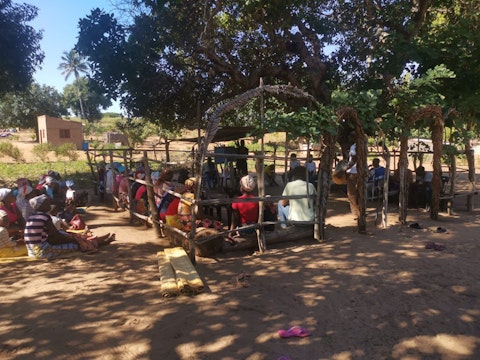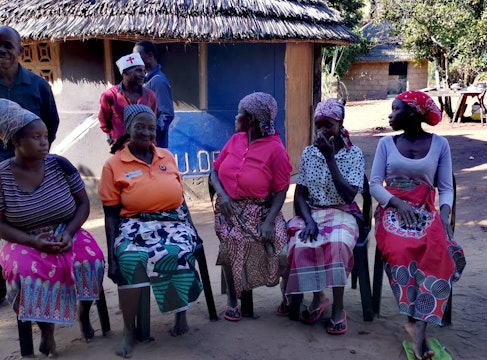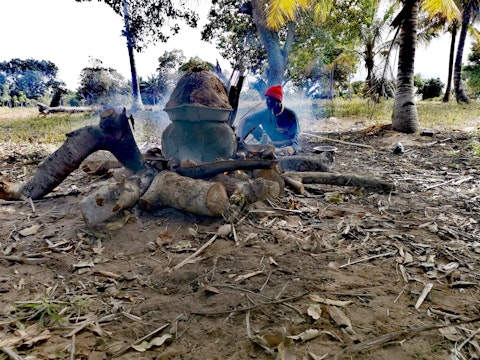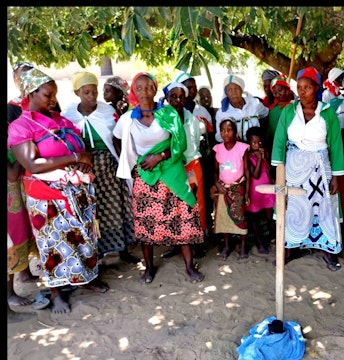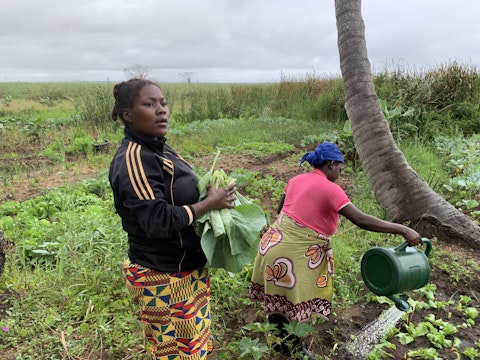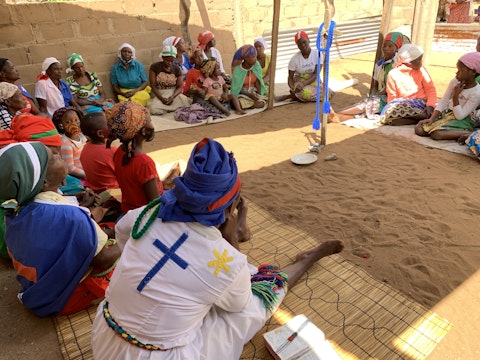Complete Interview with Fisherman from Canda
In this interview Guiluane Munguambe tells us how he survives and supports his family through fishing
In this interview Guiluane Munguambe tells us how he survives and supports his family through fishing
He talks about the process he has to go through to be able to sell the fish and his expectations for the future. In Canda, a large part of the population lives on fishing. The inhabitants achieve almost total food autonomy through the natural resources of the region. The people living there are experts in different survival practices, all of them related to nature and its natural resources.
"I start fishing at 7pm at night until 1am. After fishing, I return home and as soon as I arrive, I start to prepare the fish to sell to the community.
With this business I can support my family in family logistics.
In the place where I go fishing sometimes I can have 45 to 60 fish sticks a day. But it also depends on how the tide is that day. If the tide is calm, I can have from 60 to 80 rods a day.
This fish requires preparation before taking it to be sold, such as washing and then going from the fire to drying the fish and taking it to sell to people who want to buy it. I usually dry the fish around 9.45am.
The rods that I use to pick at the fish I always go looking for here in the woods and when I find them I also prepare them by removing the bark part of the stick leaving only the smooth stick. The name of this stick is called MUTCHECI in the Chope language.
One night I stay at sea and the other night I stay at home so normally I am alternating the days. When I go for a night at sea, the next day when I have my catch I stay at home and prepare the fish to sell.
I charge 50 meticais for two fish sticks.
We sing when we are out fishing and when we see that the day is productive and we catch a lot of fish, we simultaneously celebrate by singing.
On those successful days we may even have more than two boxes full of fish so we sing as a celebration.
Our advantage is that we have the sea and the lake. Some days we don't get as much out of the sea, so we move to the lake where we have sweet water to fish in. Normally it happens when we have bad weather, then there are already changes of plans because sometimes the tide is aggressive and nobody can come in so we have to change the place. This fishing also has its differences, as the fish in the sea are big and the fish in the lake are small. Normally I have several fishing nets in the sea water and also in the lake.
I have only two children and they are both boys. I teach them my fishing legacy and they can also go to school to learn other subjects. When I take them fishing, I give them the boat to row and at the same time I undo the fishing net and ropes. If I see that they are not doing the right thing, I tell them and show them the right way to row. The two of them know how to swim and fish in the open sea.
To live in Maputo: that is not my dream. Here I have everything, I have farms, my animals and agriculture, I feel safer here in Canda.
The type of fish we catch in the open sea is grouper, tuna, sawfish and red fish."
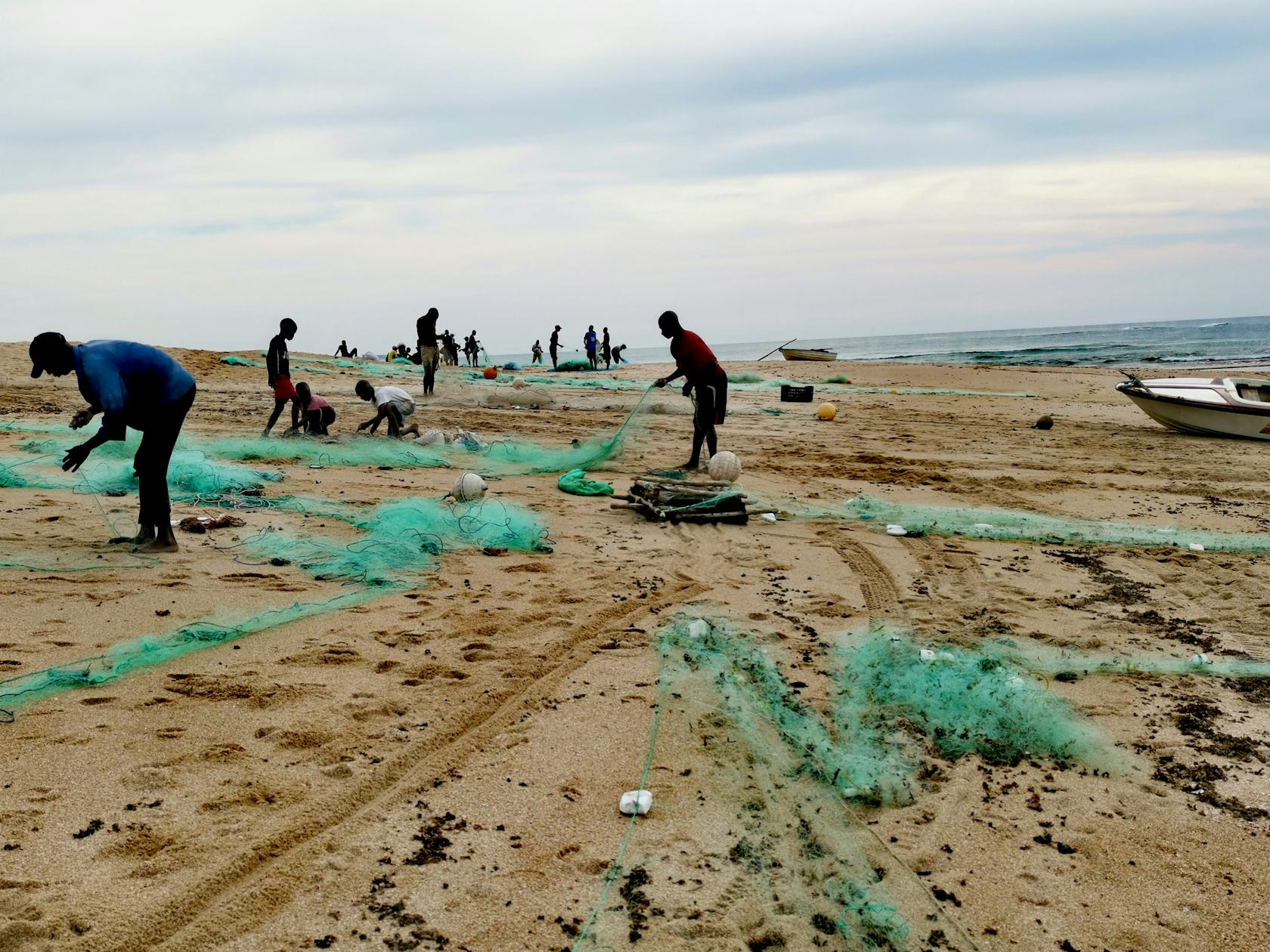
.jpg?fm=jpg&q=75&fit=max&w=640&h=360)
